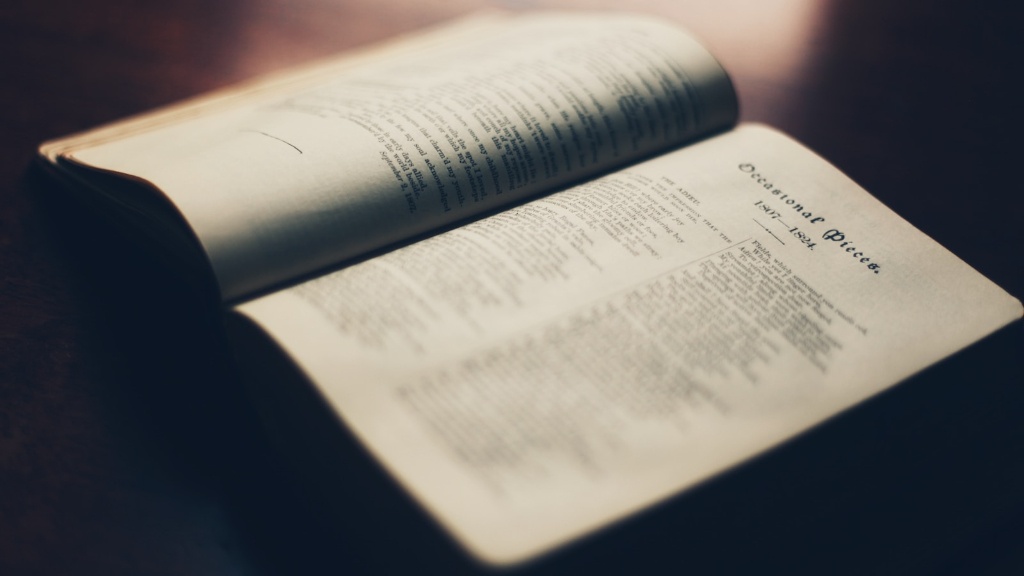Early Life and Education of Seamus Heaney
Seamus Heaney was born on April 13, 1939 in County Derry, Ireland. He was the eldest of 9 children born to Patrick Heaney, a farmer and cattle dealer, and Margaret Heaney, a schoolteacher. Heaney received his primary and secondary education locally, at Anahorish Primary School, St. Columb’s College and in Belfast at Queen’s University, from which he graduated in 1961 with a BA degree in English language and literature. The years of his education represented a formative period marked not only by the increasingly visible effects of the Troubles in Northern Ireland but also by the poet’s growing awareness of the diverse cultural and linguistic heritage to which he belonged. This was underlined in an interview he gave to Elizabeth Mandel on the NBC network in 1977:
“When I was at school I was two different guys…there was a nationalist tradition which as a Catholic I was heir to…there was also a British tradition, a plain English tradition that one responded to, and I think in terms of language and tone I was very responsive in both directions.”
Heaney’s early education was rooted in the traditions of Ireland’s cultural and political past, which included a strong emphasis on Irish language and literature. His early writing paid tribute to old bardic traditions and often employed traditional forms and metres.
Social and Political Issues
Heaney’s early poems focus on the violence and social unrest of the ‘Troubles’ in Northern Ireland and the plight of Irish citizens during the height of sectarianism. Heaney’s writing brought international attention to the historic struggles of the Irish people and their hopes for a peaceful resolution. In his poetry, Heaney explored themes of culture, identity and exile, often questioning the harsh history of Ireland’s colonial experience. Heaney’s poem ‘The Cure at Troy’ is one of the most famous late poems in the canon of Irish poetry. In this poem, Heaney takes a mythical approach to the Troubles, drawing on the story of Achilles from the Iliad to explore the need for reconciliation amidst violence and displacement.
Nature and People
Heaney’s writing expresses a strong affinity with nature, as he draws on the rural Irish landscape to evoke the spiritual power of the land and its people. In poems such as ‘Mid-Term Break’ and ‘Follower’, Heaney reflects on the cycle of life, loss, and the passing of time, while other poems offer lyrical reflections on the power of nature. Word-images such as “the long raw wound of the miles” and “light, swelling and soily” evoke the physical presence of the rural Irish landscape and reveal Heaney’s close connection with nature.
Religion and Belief
In addition to his close ties to the Irish landscape,Heaney was also greatly influenced by his religious faith. Heaney was a devout Catholic, and his writing often touched upon religious themes. In works such as ‘Clearances’, Heaney explored the nature of faith and the power of belief. The poem highlights the necessity of faith and the ability of people to find strength in difficult times. The poem asks readers to consider whether faith is an obstacle or a source of hope.
Sense of Place
Another major influence on Heaney’s writing was his love of language. Heaney’s works are distinguished by their lyrical language and their commitment to celebrating the beauty of the Irish language. Heaney often used Irish words and terms that are rooted in the Irish past. This approach gave Heaney’s writing a strong sense of place, as he sought to bring to life the ancient Irish culture of his homeland.
Writing Style
Heaney’s writing style is characterized by its careful and precise use of language, which often highlights the beauty of everyday moments and objects. Heaney was also known for his commitment to craft and form, his use of traditional forms such as the elegy and sonnet, and his attention to metre and rhythm. Heaney often drew on traditional poetic techniques and forms to express his ideas, while also creating new forms to express his own unique sensibility. Heaney’s commitment to craft and form in his writing gave his work an air of elegance and grace.
Legacy
Seamus Heaney’s poetry has been widely praised for its accessible yet powerful language and its sharp insights into the modern Irish experience. His works have been translated into many languages and are often studied in schools, universities, and literary circles around the world. He won numerous awards for his work, including the 1995 Nobel Prize in Literature. Heaney’s work will continue to challenge and inspire readers for generations to come.
Philosophical Aspects
Heaney’s writing often centers around existential themes, particularly his own fundamental beliefs regarding life and death. In his poem entitled “Twice Shy”, Heaney muses upon the fatalistic vulnerability of life and the ultimate impossibility of escaping death. Heaney also reflects on the notion of innocence in this poem and it’s ultimate fragility. The poem suggests the premise that life is unpredictable and nothing can be taken for granted.
Personal Reflections
Heaney often examines his own personal journey through life in his poetry, pondering upon the weight of his family legacy, the changing face of Ireland, and the power of language and culture. In his later works, such as the “Human Chain”, Heaney reflects upon his own place in the world and his relationship to his family and culture. This poem is a reflection on his personal history and past experiences, but also a meditation on the fragility of life and the interconnectedness of humanity.
Intertextuality
Heaney was also deeply influenced by Classical literature and traditions. This influence can be seen in his use of intertextuality, which is the weaving of ideas and themes from different sources into a single work. Heaney often drew upon classical sources such as Homer and Virgil to explore themes of war, death, and mortality. He also used modern sources such as Irish poets, writers, and songwriters to explore themes of beauty, loneliness, and longing.


